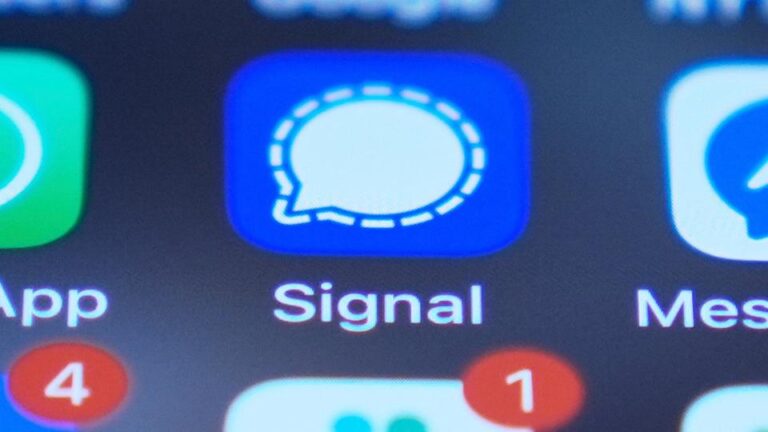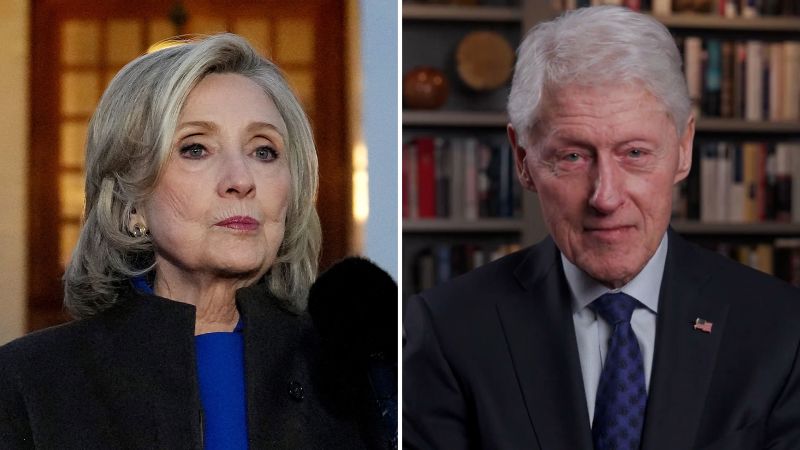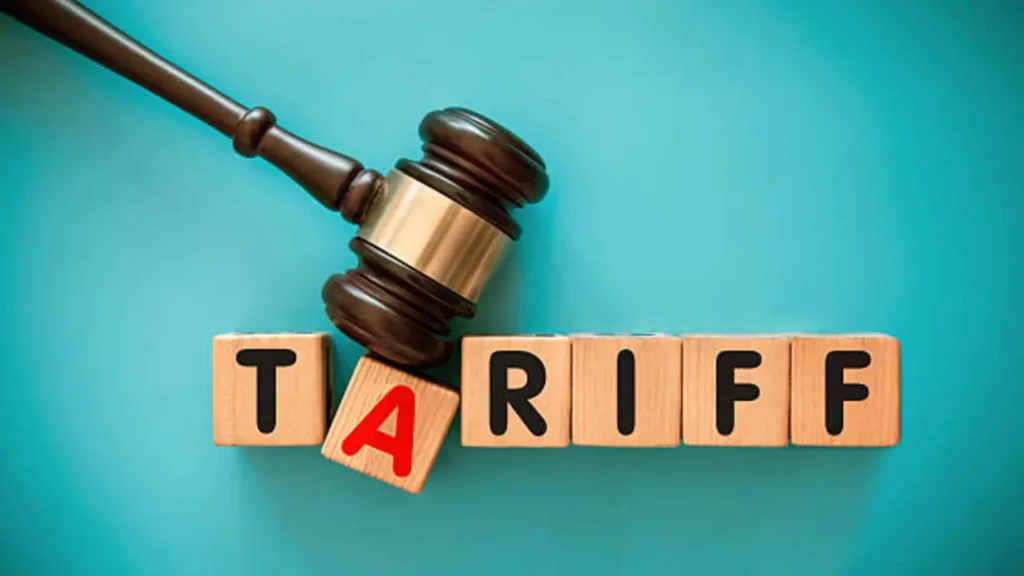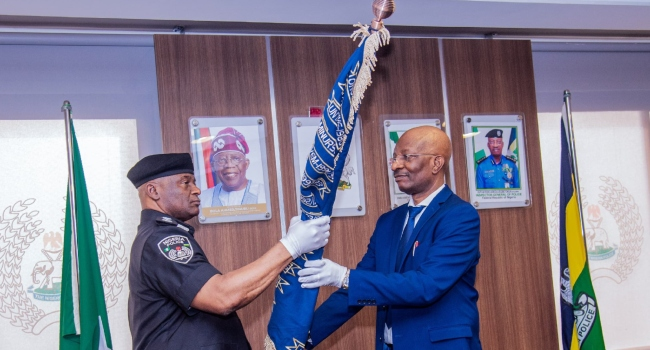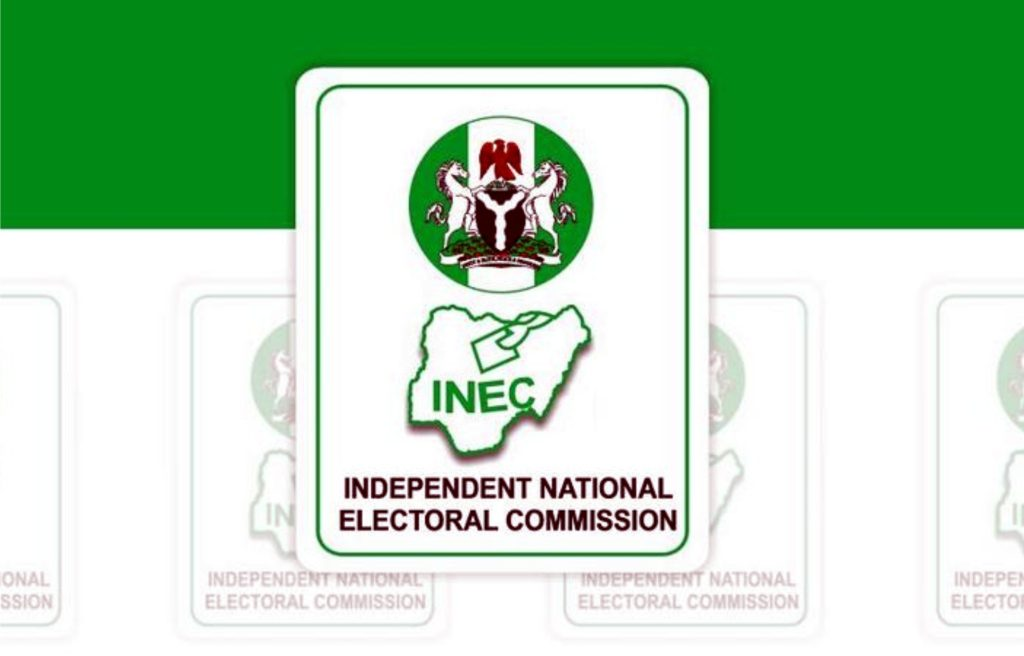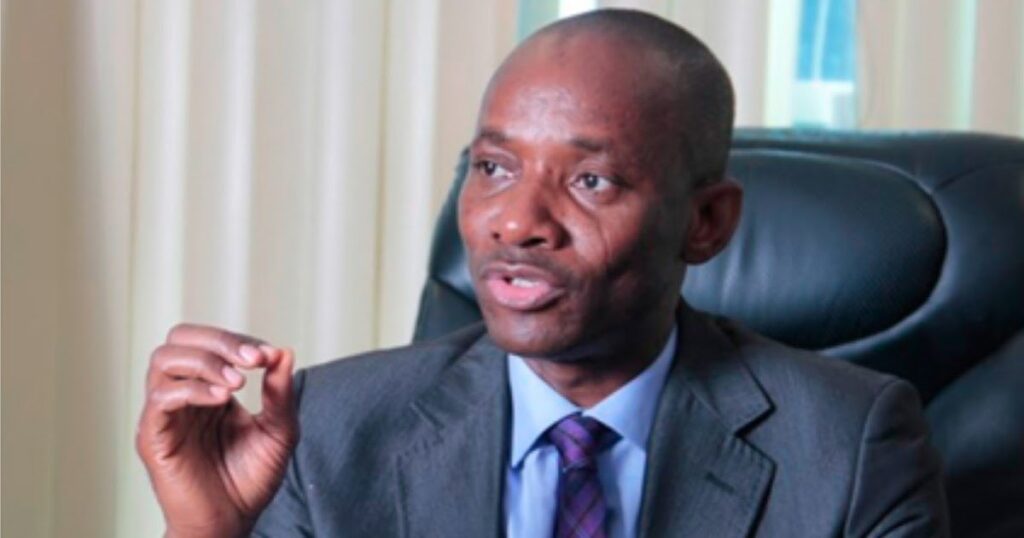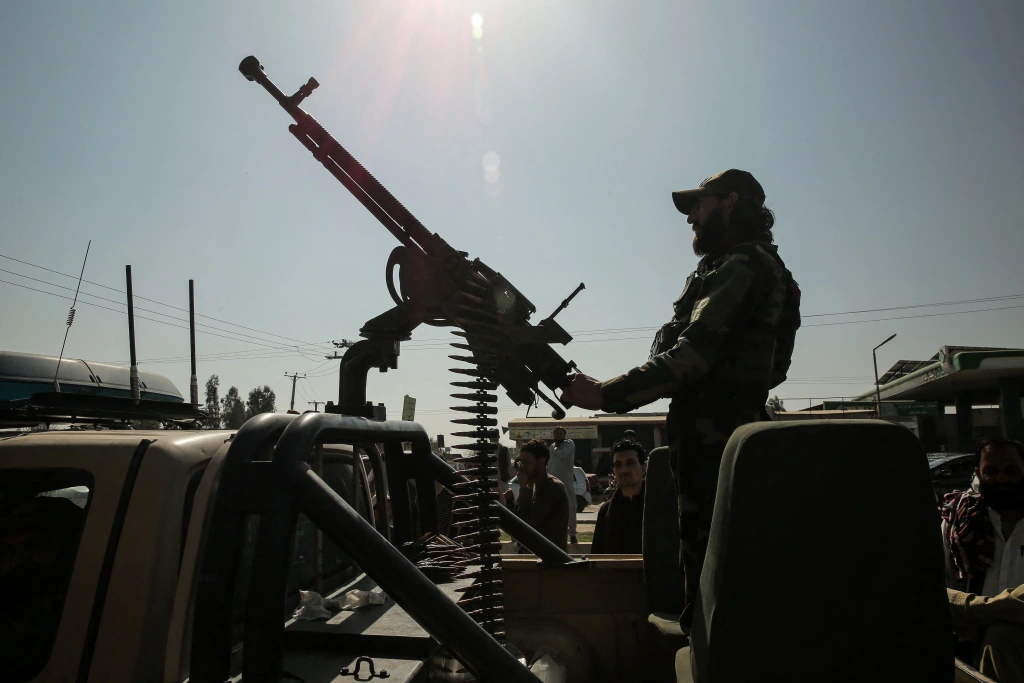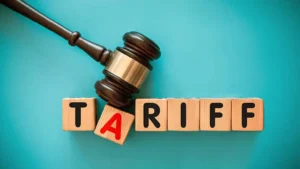The White House on Wednesday defended its top national security officials amid growing backlash over their use of the encrypted messaging app Signal to discuss a pending U.S. military strike in Yemen—a move that former intelligence and defense officials say may have compromised national security.
President Donald Trump and his national security team have not denied using Signal to coordinate the strike, but insist the conversation did not include classified information.
“No locations. No sources & methods. NO WAR PLANS,” wrote National Security Adviser Mike Waltz on X.
Defense Secretary Pete Hegseth echoed that stance, maintaining that while sensitive topics were discussed, no classified data—such as exact target coordinates or intelligence sources—were included in the messages.
The administration is also reviewing how journalist Jeffrey Goldberg, editor-in-chief of The Atlantic, was inadvertently added to the Signal chat, which included 18 senior officials.
Despite official denials, The Atlantic reported that the Signal messages included detailed descriptions of weapon systems to be used—such as F-18 fighter jets and Tomahawk missiles—as well as the exact timing of the initial strike.
“THIS IS WHEN THE FIRST BOMBS WILL DEFINITELY DROP,” Hegseth reportedly wrote, citing military time 1415 (2:15 p.m.) for the operation.
The White House has since confirmed the authenticity of the texts.
National security experts say the level of detail shared in the chat would unquestionably be considered classified, regardless of whether the message explicitly mentioned strike locations.
“It was 100 percent classified,” said Darrell Blocker, a former CIA field operative and ABC News contributor.
“Just knowing the timing and tactics gives an adversary a chance to prepare or retaliate.”
Former defense and intelligence officials warned that such disclosures—even unintentionally—could have endangered U.S. personnel and undermined the success of the operation.
The use of Signal, which auto-deletes messages and is not approved for classified communications, has raised serious legal and ethical questions, including whether the exchange violated the Federal Records Act or Presidential Records Act.
Democratic lawmakers have called for a full investigation, demanding access to the Signal chat and urging Attorney General Pam Bondi to determine whether any laws, including the Espionage Act, were violated.
As the administration continues to insist no wrongdoing occurred, pressure is mounting from Congress, intelligence officials, and ethics experts demanding accountability and reforms to how top-level military decisions are communicated and preserved.

